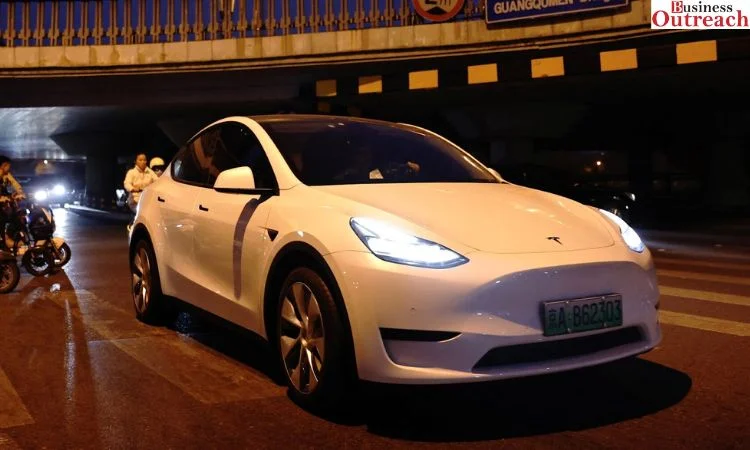Tesla CEO Elon Musk’s high-level visit to China last week marks a return to the world’s largest electric car market. While Tesla has enjoyed tremendous success in China since starting production at its Shanghai Gigafactory in 2019, there have been challenges that Musk seems eager to tackle himself and his a whirlwind of meetings with executives and partners shows that Tesla is increasing its China commitment over the long term.

Tesla’s Chinese sales have rebounded strongly after facing an outbreak-related shutdown that paralyzed Shanghai production for weeks. It led all EV brands with more than 70,000 deliveries in the first quarter of 2022 alone. But with the rise of local giants like BYD and newcomers like Xpeng and Nio, the competition is fierce. Sustainable growth will require greater cooperation with China’s tech rivals and a delicate balance with regulators.
Musk’s headline customer meetings with Xiaomi founder Lei Jun give clues to Tesla’s strategy. Both companies have ambitious EV programs but lack manufacturing experience – perfect partners for Tesla. The Baidu Apollo autonomous vehicle platform can be integrated into Tesla vehicles for a robotic taxi network. Xiaomi has plenty of retail options to take advantage of Tesla. Developing low-cost models in collaboration with local partners can affect a broader access to the vast Chinese market.
On the political front, Tesla must assuage lingering regulatory concerns. Recent scrutiny of data security and customer service issues show regulators expect adherence to ‘Common Prosperity’ goals. Musk emphasizing Tesla as a long-term investor in China and its workforce of 20,000 showed responsiveness. Pledging more R&D spending and expanding the Shanghai factory were well-received signals. However, questions remain around intellectual property protection and subsidies as competition intensifies.
Striking a nuanced balance will be key. While seeking preferential treatment, Tesla cannot be seen as overly reliant on government support. Continuing to invest privately shows its commitment, avoiding political pitfalls that have ensnared other foreign giants. Musk walking a careful line reassured partners and officials alike that Tesla remains a team player in China’s electric ambitions without compromising its independent streak.
Looking ahead, expect deeper cooperation deals to emerge from Musk’s discussions. Baidu and Tesla combining forces on robotaxis within three years is an enticing prospect. More affordable Tesla models co-developed with Chinese partners will broaden its customer base. Expansion of the Shanghai Gigafactory is also likely as Tesla doubles down on local production. Geopolitical tensions add challenges, but with over 25% of revenues from China already, Tesla’s future is inextricably linked to the market. Musk’s charm offensive reinforced Tesla remains in it for the long haul.















